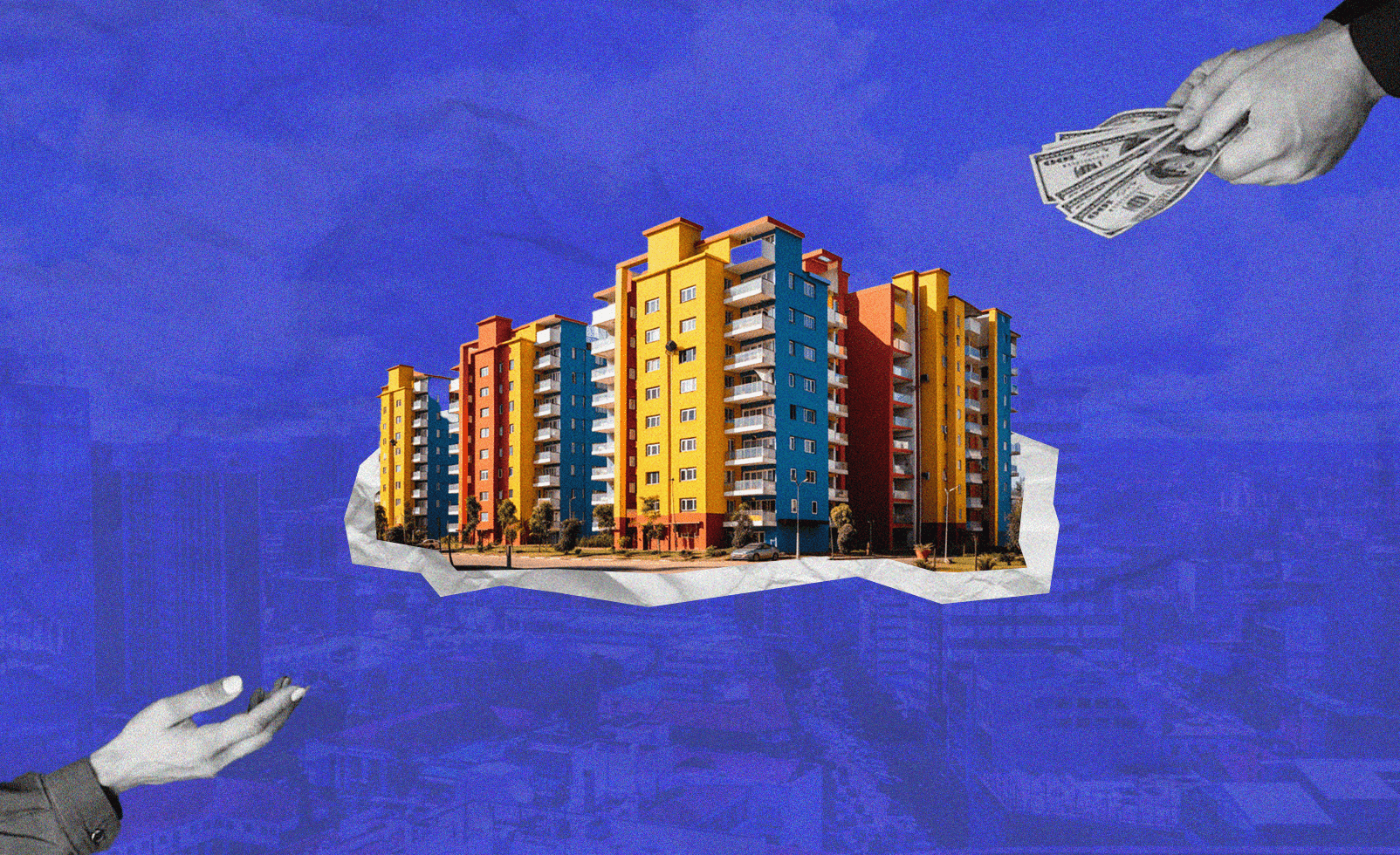Nigerian Real Estate Market: 2014 Overview and 2015 Outlook
Dolapo Omidire . 9 years ago
equities
estate intel
investment
nigeria
nigerian stock exchange
nmrc
northcourt
premium
real estate
report

Share this post
Subscribe to our newsletter
A recently published report by Northcourt Real Estate outlines the performance of core asset classes in the Nigerian investment landscape, with a special focus on real estate. It was noted that despite the dismal performance of other asset classes in 2014, activity in the real estate sector remained robust. As Lagos is the commercial capital of the Nigeria,…
A recently published report by Northcourt Real Estate outlines the performance of core asset classes in the Nigerian investment landscape, with a special focus on real estate.
It was noted that despite the dismal performance of other asset classes in 2014, activity in the real estate sector remained robust. As Lagos is the commercial capital of the Nigeria, most of Nigeria’s economic and financial activity concentrated within this growing megacity. This consistently acts as a driver for the on-going property activity noted in this region. A renewed interest from international companies expanding or making a first entry has meant that the interest and demand in the office sector remained consistent.
In the office sector, growing domestic and international companies have helped to drive the office market primarily in Lagos and Abuja. Over the past few years the stock of A-grade commercial property has typically been very low, however a development pipeline of almost 200,000sqm across Nigeria in the next 24 months means that the supply of A-Grade space will be more than adequate
to cater to the existing effective demand.
Looking forward into 2015, some of the challenges (Falling oil prices, political instability and insurgency) may be heightened in Q1 and Q2, 2015. Expected volatility in the economy will cause Investors to seek safer instruments such as bonds, treasury bills etc. which will drag down yields. Sovereign bonds may be issued by the Government to curb revenue gaps if oil prices continue to decline. There may be more domestic and lower foreign participation in a low interest rate environment to drive consumption and spending. In all, fixed income is expected to continue to outperform other traditional asset classes (excluding property).
Most office developments that are currently taking pace will be completed within the same time period; mid-late 2015. This surplus supply will open tenants to more options and lead to increased competition among Landlords. It will not be uncommon to see property owners offer tenants friendly incentives and creatively inserting amiable differentiation terms in order to attract prime tenants and avoid prolonged vacancy periods.
Macro-economic indicators, topical issues including ebola and falling oil prices as well as other assets including Currency, Fixed Income and Equities were discussed in the report.
Download and Share the Nigerian Real Estate Market Outlook 2015.
estate intel is listed as a Corporate Contributor.
Related News
You will find these interesting

Linah Amondi . January 26, 2024
Using the 30% rent thumb rule, an average citizen can afford to rent a Kshs 18,000 unit in the Nairobi Metropolitan Area...
BuyRentKenya
estate intel

Bisi Adedun . November 14, 2023
Africa Investment Forum
AIF

Bisi Adedun . November 08, 2023
housing
personal finance